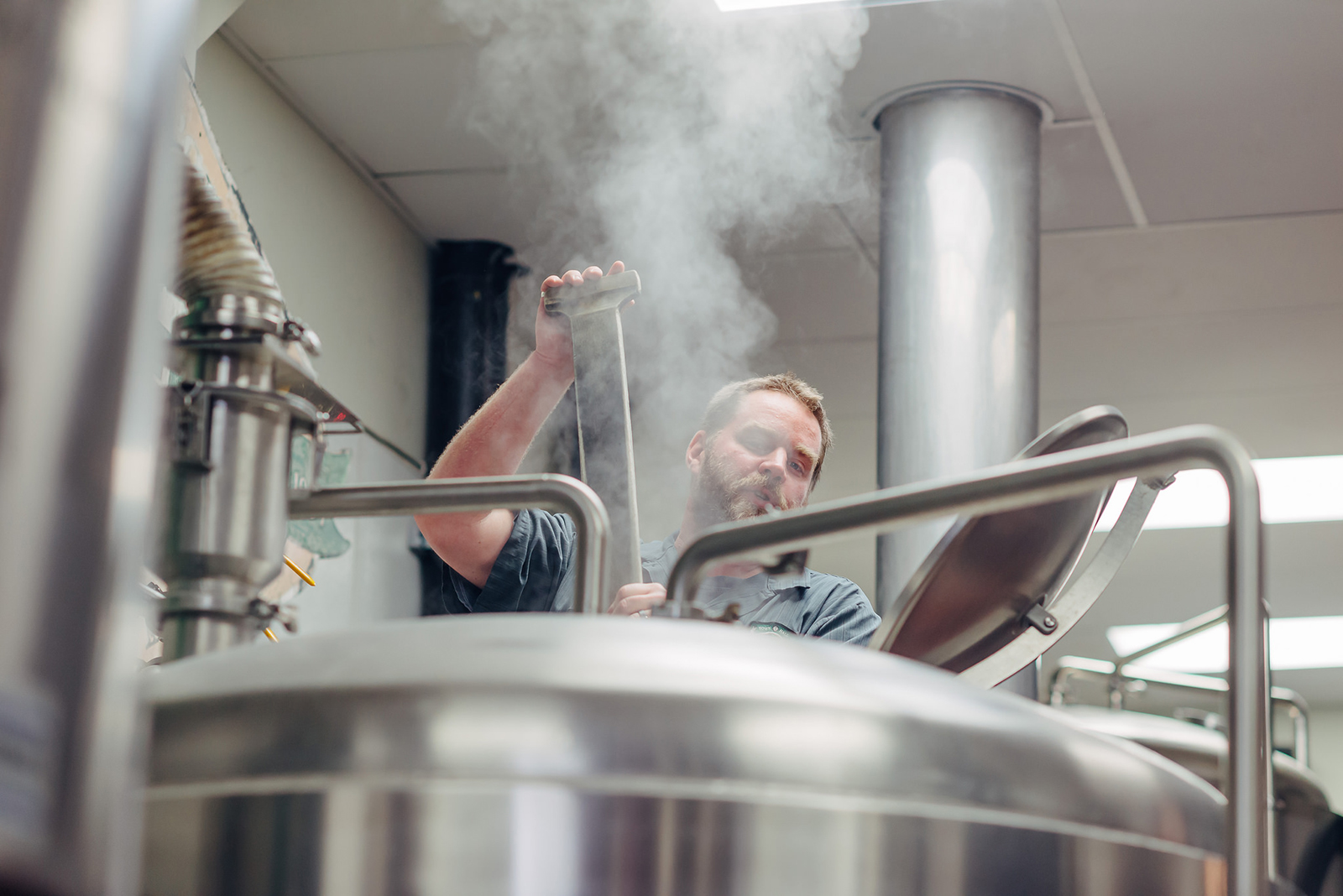12. Healthy, sustainable, and diverse economy: In 2040, Minneapolis will remain the economic center of the region with a healthy, sustainable, and diverse economy.

Minneapolis is operating from a rich base of local assets that generate business and expand industries. Minneapolis and the surrounding region are home to 17 Fortune 500 companies and seven of the top 225 private companies. Minneapolis’ regional creative economy continues to be ranked in the top six in the Creative Vitality Index, with a score nearly four times higher than the national average. The University of Minnesota, ranked fourth in the nation for patent creation and the ninth-best U.S. public research institution, continues to lead in the development and creation of new technology, ideas and business. The state of Minnesota ranks first in the nation in the number of jobs per capita related to medical technology. And Forbes has called Minnesota the fastest-growing state for tech jobs
Minneapolis’ economy needs to continue to grow and innovate, and people of color and indigenous people must have physical, personal and institutional access to this growth. This means developing and supporting an economic climate that helps sustain and nourish businesses through targeted outreach to business sectors that demonstrate growth and support other Industries. It means addressing the growing racial disparities in Minneapolis’ economy by identifying barriers that have reduced access to economic opportunities and by developing strategies and programs that ensure people of color can participate, compete in and succeed in the economy – ultimately ensuring that the growth of Minneapolis benefits everyone.
The Minnesota Department of Employment and Economic Development estimates that Minneapolis was home to 318,500 jobs in 2015, and the Metropolitan Council projects that the city will add 41,500 jobs by 2040. Much of this job growth will happen in downtown Minneapolis, the central business district that is the economic and transportation hub of the region. Downtown continues to attract and retain companies, employees, residents, commercial options and regional destinations. This growth can be attributed to a variety of investments, but ultimately downtown offers an experience and a bundle of goods and services that give it a competitive advantage over other areas in the region. Downtown is not the only driver of Minneapolis’ economic growth; numerous large employers such as hospitals, universities and cultural institutions are located outside of downtown and will continue to generate economic growth and opportunity.
Minneapolis’ neighborhood business districts and corridors also serve a vital economic role. Residents visit them for daily goods and services, they provide opportunities for small business and employment, they offer community gathering places, and together the buildings and businesses provide an identity for the surrounding community. These places bring vital energy and diversity to the city and region, and they should be supported.
Production and processing businesses are also an important element of a healthy local and regional economy. These types of businesses include but are not limited to medical device and electronic instrument manufacturing, breweries and distilleries, food production, metal fabrication, and distribution and fulfillment. Production and processing businesses provide economic opportunities for people without a college degree, especially those of color, by offering higher wages than comparable jobs in the retail, accommodation and food service industries. In Minneapolis less than half of black, American Indian and Hispanic residents have more than a high school education, compared with 83 percent of white non-Hispanic residents. These educational disparities create barriers to finding employment that pays a living wage – but production and processing businesses in the region have average monthly starting wages for workers of color that are twice as high as retail businesses and nearly two-and-a-half times that of accommodation and food service businesses. The City will work to ensure these and other economic opportunities are available to all residents.
To achieve this goal, the City of Minneapolis will support existing businesses and help them grow. Additionally, the City will foster innovation and entrepreneurship in business sectors that show promise for growth and give Minneapolis a competitive advantage. This means supporting new business creation with a focus on creating opportunity for people of color and indigenous people.
Minneapolis will maintain and expand opportunities to start and grow businesses. This means strengthening downtown’s position as the region’s business, commercial, cultural and entertainment center. It also means supporting neighborhood business districts and corridors. And it means ensuring the physical space necessary for the production, processing, and distribution of products, which also helps provide quality living-wage jobs to residents.
 Policies
Policies
27 Policies relate to this goal. Click on a policy below to learn more about it.
Supporting Small Businesses
POLICY 56
Business Innovation and Expansion
POLICY 55
Supporting Economic Growth
POLICY 54
Cluster Strategy
POLICY 57
Downtown
POLICY 59
Downtown Transportation
POLICY 22
Skyways
POLICY 11
Quality of Life
POLICY 53
MSP Airport
POLICY 28
Freight
POLICY 21
Business Districts and Corridors
POLICY 58
Access to Employment
POLICY 2
Production and Processing
POLICY 3
Coordinated Development Strategy
POLICY 23
Human Capital and a Trained Workforce
POLICY 52
Healthy Pre-K Development
POLICY 51
Educational and Economic Access
POLICY 49
Emphasize the Value of Minneapolis' Arts and Culture
POLICY 30
Arts and Creative Spaces, Venues, and Districts
POLICY 29
Artists and Creative Workers
POLICY 31
Technology in the Economy
POLICY 90
Cultural Districts
POLICY 34
Freeway Remediation
POLICY 48
Northside
POLICY 87
Innovation Districts
POLICY 98
University District
POLICY 99
Place-based Neighborhood Engagement
POLICY 100

